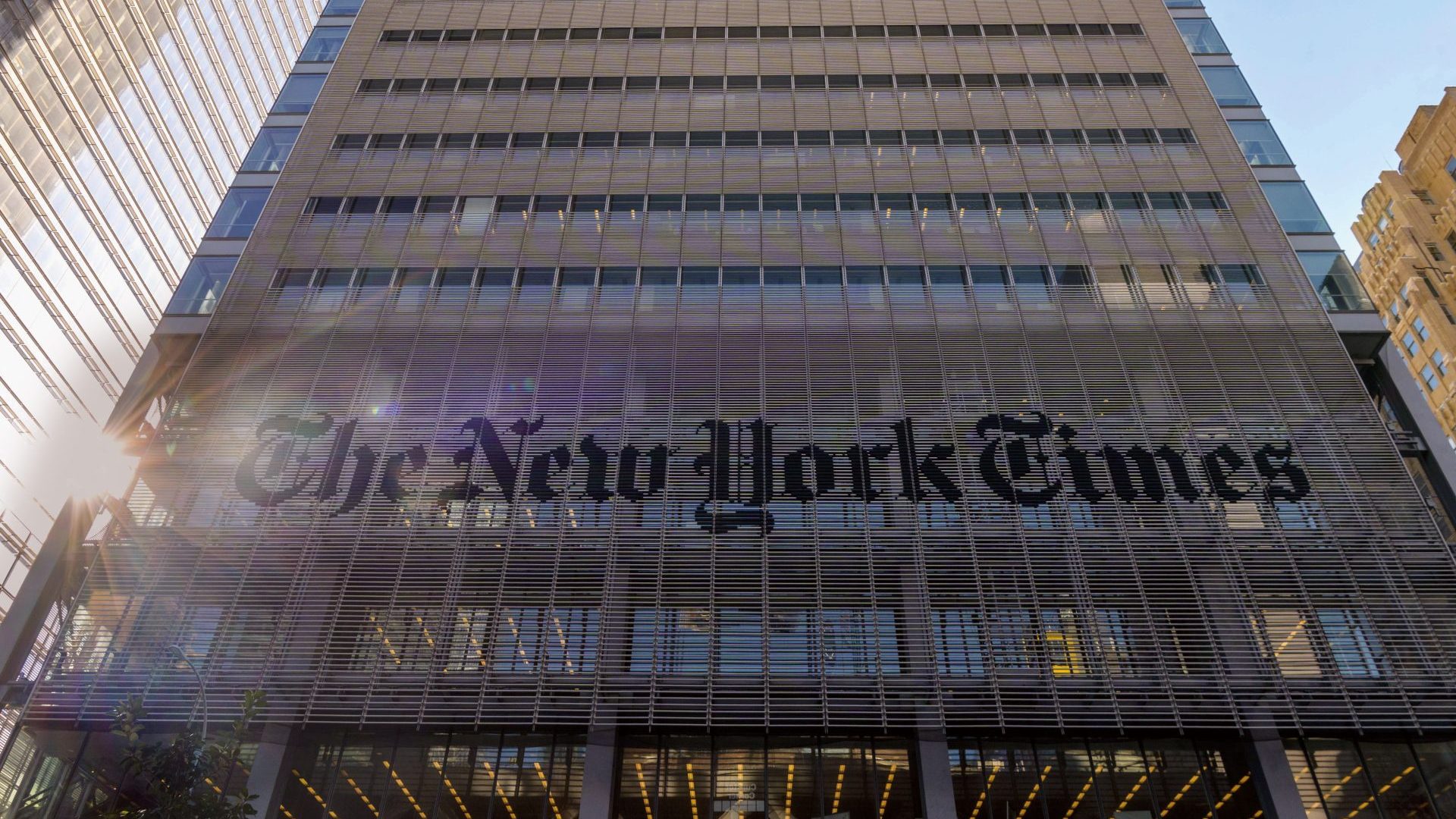The government’s latest missive on why Brexit is everything it hoped for and more runs to an impressive 102 pages and glories in the name of “a policy paper”. A grand title for something that, as far as I can see, contains hardly a single calculation, statistic or even number detailing how much these so-called benefits are worth.
It is also solely about the “benefits” of Brexit, and the paper therefore is not concerned with the added costs and problems Brexit is causing and will continue to cause for whole sectors of the British economy. Nor does it trouble itself with the massive hit to the UK’s growth prospects, wealth and tax revenue.
It is as if all the costs have disappeared, and the benefits are beyond measure. All of which means for the most part this paper contains a very long list of claims that need to be taken with a great deal of salt.
The general tone is set by the prime minister’s introduction; unspecific boosterism, and meaningless slogans, such as “firmly planting the British flag on the world stage once again”.
This continues in the main body of the paper, with many of the benefits of Brexit being questionable claims about sovereignty, the return of the blue passport, the crown mark on beer glasses and “reviewing” the EU’s ban on the use of imperial measurements, among others.
But the major theme throughout this paper is that better regulation and less red tape alone will change everything for the British economy and make almost every sector boom. The fact that many of the sectors and industries that are cited as Brexit beneficiaries are ones that wanted nothing to do with it is not mentioned.
So, aviation and aerospace are now free to soar, the car industry will prosper as never before, retail will attract even more foreign shoppers (why or how is not clear) and hospitality, perhaps the largest employer of EU labour, will do better than it ever could under the dead cold hand of EU regulations.
The chemicals industry is now free from the overpowering constraints of the EU’s REACH regulations – except that they have been replaced with an almost identical British system.
Farming and fishing have not been betrayed after supporting Brexit, apparently, and will also prosper. Likewise, finance, banking and the law, and many other service industries are all better off and have only to take advantage of looser rules and lighter regulation to conquer the world.
How successful all these industries will be and how much that will add to growth is not specified. They will just do better and the UK will benefit.
We also have the wonderful advantages of freeports to look forward to, made possible only by Brexit. Never mind that there are freeports in the EU, and the UK used to have quite a few when it was in the EU but got rid of them because all they do is move economic activity from places where it can be taxed to places – the freeports – where it can’t. As its own financial watchdog, the Office for Budget Responsibility, makes clear, the economic benefits of freeports are exactly zero.
The paper does have a lot to say about new industries and how the UK can attract and develop them. It has pages on AI and quantum technology, data, the life sciences and cybersecurity, all of which will apparently be a huge success in the UK now it has left the EU and they can enjoy UK regulations, not EU ones. But it has less to say on why any of this could not be achieved in the EU, what falling university cooperation across Europe means to the UK’s prospects, and why its new immigration scheme designed to attract geniuses has so far been a total failure.
New technology will also, the government claims, help to make the UK’s borders the “best in the world”, a rather sick joke for those stuck at Dover and other ports and the firms having to spend an extra £7 billion a year on customs and other forms.
There is a lot of effort spent on detailing failing areas, which up until now we hadn’t known were failing because of the EU.
I had thought for years that the rail industry had been beset by an incompetently managed privatisation and the water industry was pumping raw sewage into the UK’s rivers and seas because the UK government let it. Apparently, it is all the EU’s fault, and Brexit means that soon the railways will be cheaper and faster and our water cleaner and safer.
Nor is it clear why leaving the EU will help to maintain road safety levels or allow the UK to build more nuclear power stations, as this paper claims. The idea that Brexit will make houses both greener and cheaper and increase home ownership appear to have no basis in fact. They seem to have been included for no other reason than that every economic sector must get a mention and must gain from Brexit in some obvious but ill-defined way – no matter how spurious.
Likewise, the paper’s authors seem to believe another of the benefits of Brexit was the deployment of a carrier taskforce to the Bay of Bengal. Which EU directive had previously stopped the Royal Navy from sailing where it wanted is not made clear.
Cutting the number of people who smoke, promoting healthy eating and preventing obesity, are also sensible ideas. But along with all of the above and many more examples, they can safely be consigned to the “nothing whatsoever to do with Brexit” bin.
But as I said at the beginning, if there is one theme running through this paper it is that “we now have the freedom to be the best regulated economy in the world”.
This is placing a lot of weight on the concept that industries old and new will all boom because the UK has better regulations than other countries. “My red tape is slightly better than your red tape” is not the greatest economic claim, but it’s just about the only major one in this paper.
That is all well and good if you believe that almost every aspect of the UK’s economy is over-regulated and this alone has held the UK back, but there is little or no evidence for it. In fact, the UK already has one of the most lightly regulated economies in the EU and the OECD, so there is not much room for improvement. Nor is there much room for manoeuvre if the UK makes radical changes to the rules that will just result in the EU saying that UK-produced goods and services do not meet its standards and cannot be sold there.
This policy paper could, of course, have contained the views of HM Treasury on how much all these post-Brexit reforms are worth. But the Treasury is strangely quiet and does not appear to have a view on the matter. Its watchdog, the Office for Budget Responsibility, however, has again crunched the numbers and appears unimpressed.
It finds that the benefits of changing regulations, in a bonfire of red tape only made possible by Brexit, are so small that they have not included them in future calculations of growth.
This whole paper is, therefore, based on the idea that new freedoms and lighter regulations will lead to a spectacular flowering of enterprise, technology, and growth. Meanwhile, the government’s own independent forecaster is telling it there is little or no evidence that it will make much, if any, difference at all.
All while failing to mention the huge hit to the British economy that Brexit is already causing.
Not, to put it mildly, the best foundation for government economic policymaking – nor even a policy paper.




